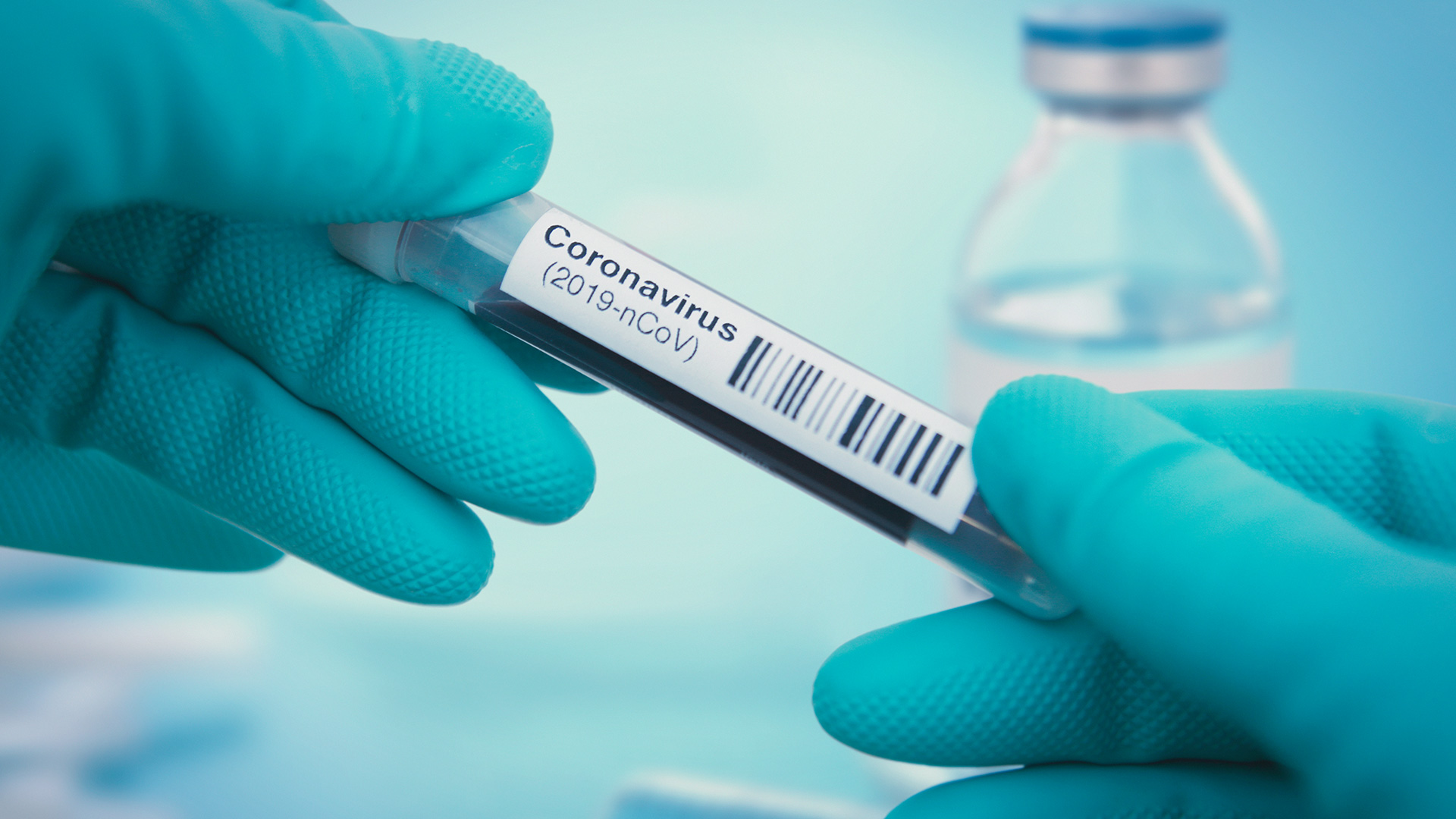The Novo Nordisk Foundation has awarded grants for projects that include improving the monitoring of high-risk patients with COVID-19; reducing the number of admissions to intensive care units; and setting up a telephone hotline to help older people who are feeling lonely.
The Foundation will provide regular updates on the grants that have been given under this emergency programme. The applicants must be based at public institutions or authorities or private non-profit organizations in Denmark that are involved in combating the coronavirus epidemic. The next round of grants will be announced in a few days.
Read more about the individual projects that have received grants below.
Grants awarded for projects to mitigate the adverse health effects of the coronavirus epidemic in Denmark
COVID-19 WARD, Rigshospitalet, Bispebjerg Hospital and Department of Health Technology, Technical University of Denmark: DKK 3,909,009
The project will develop intelligent wireless 24/7 monitoring of high-risk patients with COVID-19. The system is intended to ensure early identification of deterioration and a significant reduction in patient contact, infection, the use of personal protective equipment and the need for human resources. The monitoring will start in the next 2 weeks.
Proactive protection of inpatients with COVID-19 lung disease – Pro-Lung-COVID trial, University of Copenhagen and Capital Region of Denmark: DKK 2,162,646
The project will examine whether internal medicine patients hospitalized acutely who have tested positive for 2019-nCoV can benefit from treatment with the drug hydroxychloroquine, which is used to combat viral infection, and the antiviral, immunomodulatory and antibacterial drug azithromycin. The aim is to find a treatment that can reduce hospitalization time, the number of admissions to intensive care units and mortality.
ECHOVID-19, University of Copenhagen, Herlev & Gentofte Hospital and Bispebjerg & Frederiksberg Hospital: DKK 1,780,000
The project is a prospective clinical study to investigate, among other things, whether cardiac ultrasound scanning and lung ultrasound examination can predict which patients are at high risk of: developing acute pulmonary failure; being admitted to an intensive care unit; or other acute deterioration when hospitalized for COVID-19. The study will also provide unique insight into how COVID-19 infection affects the heart, since all patients will also have a thorough heart examination when the infection is over. The study includes patients admitted to most of the Capital Region’s hospitals with a laboratory-confirmed diagnosis of COVID-19.
COVID-19 information initiative, Mino Denmark: DKK 933,104
The project will develop a digital platform that will enable information from Denmark’s public authorities on the ongoing coronavirus epidemic to be rapidly translated for minority language groups in Denmark. The goal is to translate the government’s most important public announcements in up to 30 languages within 12 hours.
DaneAge Association hotline for older people: DKK 495,000
The project will set up a telephone hotline for older people, where volunteer phone buddies ring those who want to talk. The aim is to help reduce loneliness and the feeling of isolation at a time when we cannot get in touch by other means.
Grant awarded under the Societal Responses to and Preparedness for Emerging Viral Infections – 2020 research programme
Monitoring of infections and infectious diseases, Statens Serum Institut: DKK 10,000,000
The project will develop a digital solution that will be able to detect and respond to new infectious disease threats more rapidly. An improved digital solution is essential to give both individual doctors and Denmark’s emergency preparedness and response authorities easy access to relevant electronic data, thereby enabling them to rapidly assess how to respond to outbreaks of diseases and infections and prevent the transmission of infection.
Further information
Christian Mostrup, Senior Programme Lead, [email protected], +45 3067 4805








